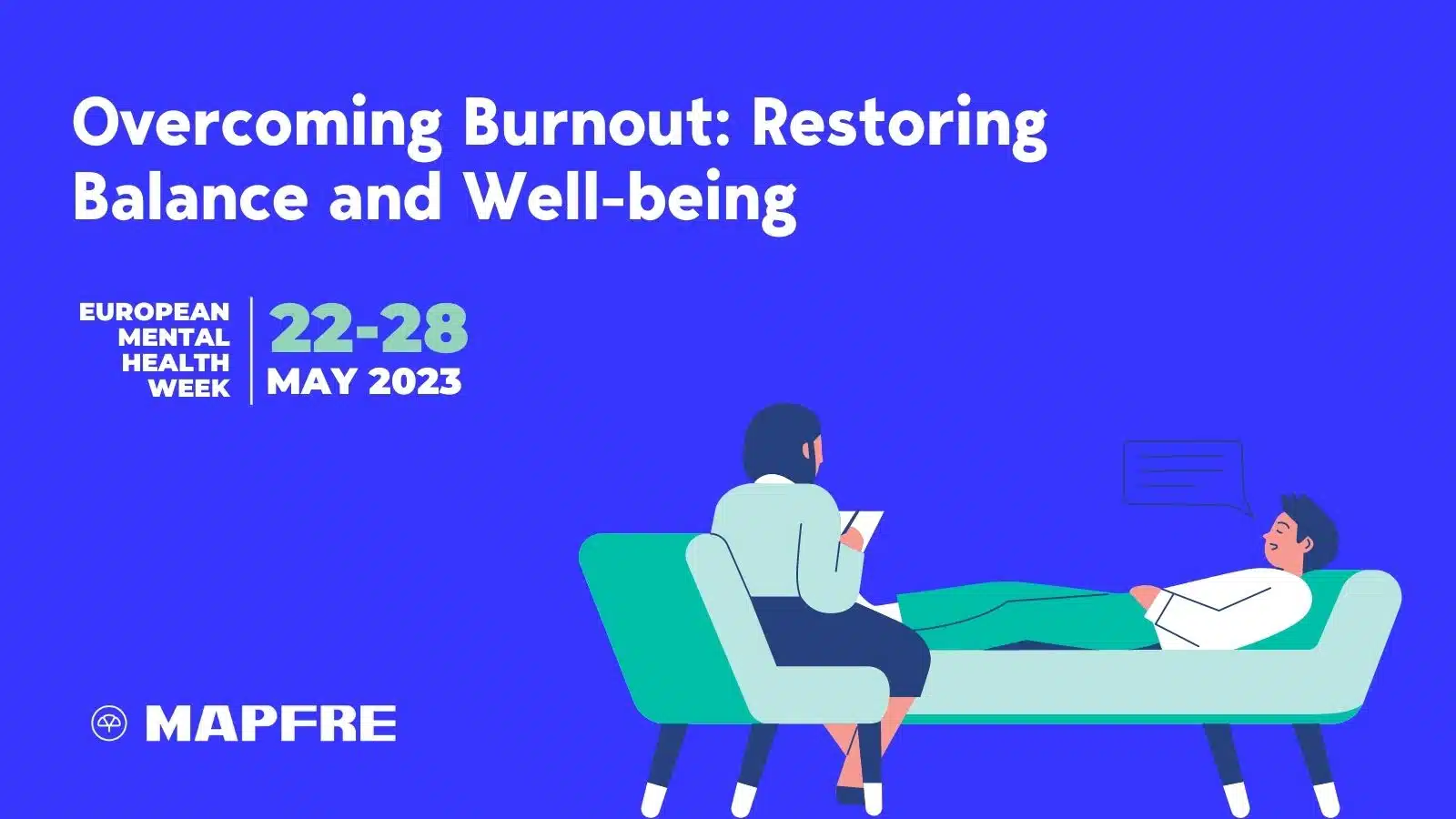In today’s fast-paced world, burnout has become a prevalent issue affecting many individuals. The constant demands and pressures of work, personal life, and societal expectations can leave us feeling overwhelmed and depleted. However, it’s possible to break free from the cycle of burnout and restore balance to our lives. By recognizing the signs, implementing self-care strategies, and making intentional changes, we can overcome burnout and reclaim our well-being. In this article, we’ll explore the impact of burnout and provide friendly guidance on how to overcome it, restoring a sense of balance and fulfillment.
Burnout is a state of chronic physical and emotional exhaustion caused by prolonged stress. It can manifest as feelings of fatigue, cynicism, and a reduced sense of accomplishment. Recognizing the signs and understanding the underlying causes are crucial steps toward overcoming burnout.
Here there are some strategies for overcoming burnout:
- Self-Reflection and Assessment: Take the time to reflect on your current situation and assess the areas in your life that contribute to burnout. Identify the stressors, both at work and in your personal life, and consider how they impact your well-being. This self-awareness will help you pinpoint the necessary changes.
- Establish Boundaries: Set clear boundaries between work and personal life to create a healthy work-life balance. Learn to say no to excessive demands and prioritize self-care activities. Communicate your boundaries assertively to others, ensuring they respect and support your need for rest and rejuvenation.
- Practice Self-Care: Engage in activities that nourish your mind, body, and soul. Prioritize self-care practices such as regular exercise, sufficient sleep, healthy eating, and relaxation techniques. Make time for hobbies, leisure activities, and moments of solitude to recharge and replenish your energy.
- Seek Support: Reach out to friends, family, or a support network for emotional support and guidance. Discuss your experiences and feelings with trusted individuals who can provide a listening ear and offer valuable insights. Consider seeking professional help through therapy or counseling to navigate burnout more effectively.
- Time Management and Prioritization: Evaluate your commitments and responsibilities, and learn to prioritize tasks based on their importance and urgency. Delegate tasks when possible, and avoid overloading yourself with excessive responsibilities. Effective time management techniques, such as prioritized to-do lists and time-blocking, can help you regain control over your schedule.
- Pursue Meaningful Activities: Rediscover your passions and engage in activities that bring you joy and fulfillment. Incorporate hobbies, creative outlets, or volunteer work into your routine. Engaging in activities that align with your values and interests can reignite your sense of purpose and help counteract burnout.
Burnout may seem overwhelming, but by implementing effective strategies, it is possible to restore balance and well-being in our lives. Take time for self-reflection, establish boundaries, prioritize self-care, seek support, manage your time effectively, and pursue meaningful activities. Remember, overcoming burnout is a journey that requires patience and self-compassion. By taking proactive steps, you can break free from the grip of burnout and cultivate a healthier and more fulfilling life.



